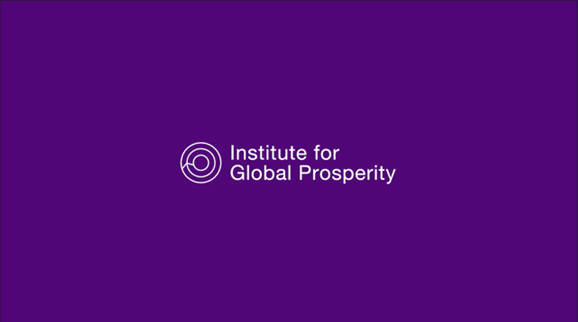Event Details
Thursday 20 May, 2010
01:15
Venue: Goodenough College London House, Great Hall, WWC1N 2AB
Speaker(s): Henrietta L. Moore in discussion with Tariq Ramadan
Chair: John Bowen
Henrietta L. Moore in discussion with Professor Tariq Ramadan chaired by Professor John Bowen
From China to Switzerland, several episodes have recently illustrated an ongoing trend of religious-ethnic divides, which at times have become violent.
This raises the question of how minorities should be integrated in a host nation. Is there an ideal method for a society to integrate individuals from ethnic, religious or sexual minorities? The experiences in Britain and France are often represented as two strikingly different approaches, with that of the former characterized by promoting multiculturalism, and that of the latter characterized by a rejection of distinction based on race or religion in order to promote a national secular identity. In both approaches, tensions between different ethnic-religious groups are experienced, and in both cases the questions of how to define a national citizen and what gives a society an identity have been central in political debates. Religious leaders and politicians often disagree on who should be held responsible when conflicts occur. While some blame minorities for failing to adapt to their environments by adopting the codes, norms and values of their host cultures, others blame host cultures for failing to respect the rights of minorities to uphold their own cultural practices. The media also play an important role in framing these debates and influencing how one’s identity is defined.
These problems are not new. Easing the tensions between different identity groups in order to grow into a more harmonious society will require answering difficult questions. Do groups of people (be they a majority or minority) try to define their own identities and cultural belonging by defining the “other”? What can be learned from the immigration waves in the late 19th and early 20th century? What is the role of the media in shaping the face of the “other”? How can engagement with empathy be promoted?
Tariq Ramadan is Professor of Contemporary Islamic Studies of Oxford University and founder of the European Muslims Network think tank. Recent works include Radical Reform: Islamic Ethics and Liberation and Western Muslims and the Future of Islam
John Bowen is Professor in Arts & Sciences, Sociocultural Anthropology at Washington University in St. Louis and Visiting Professor in the Department of Anthropology at the LSE. Recent works include Can Islam be French? Pluralism and Pragmatism in a Secularist State and “Private Arrangements: Recognizing Shari’a’ in England”.
http://www.goodenough.ac.uk/fileadmin/docs/20_May_conference.pdf


